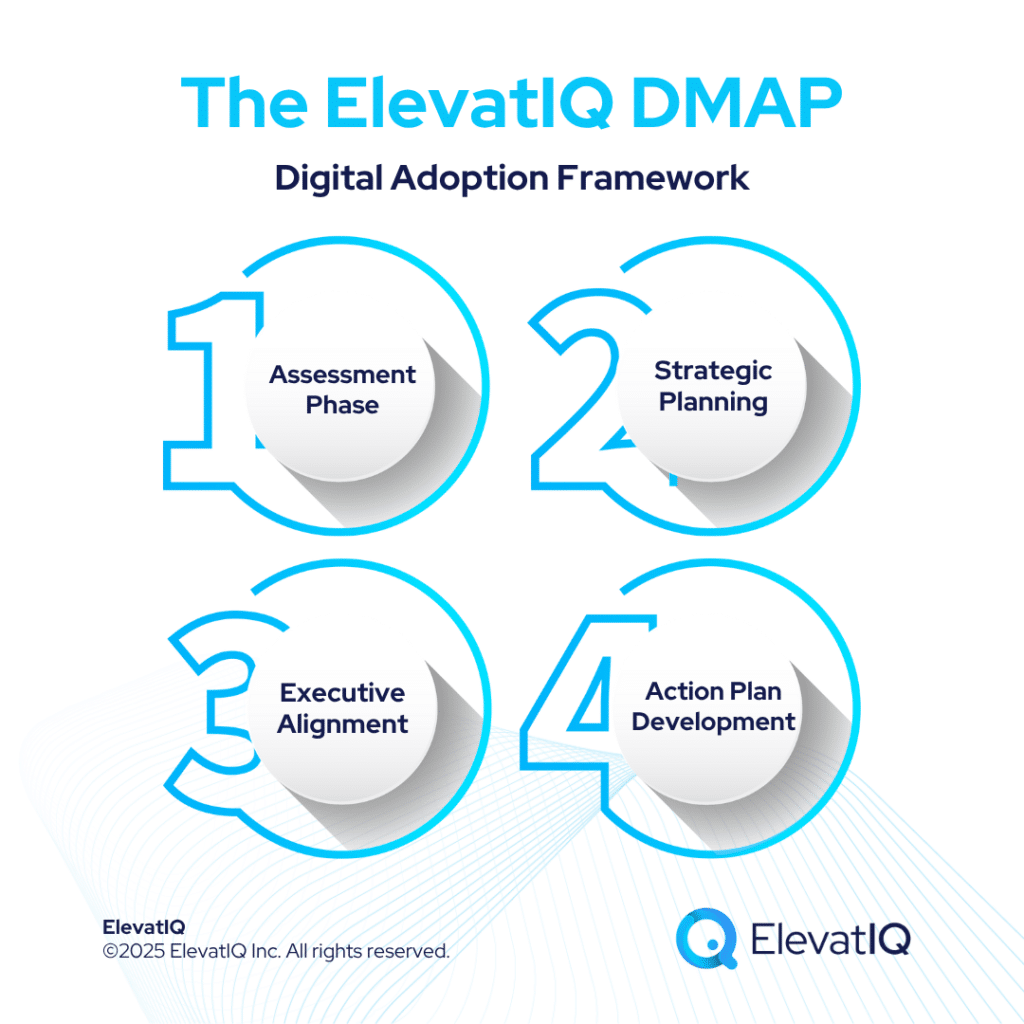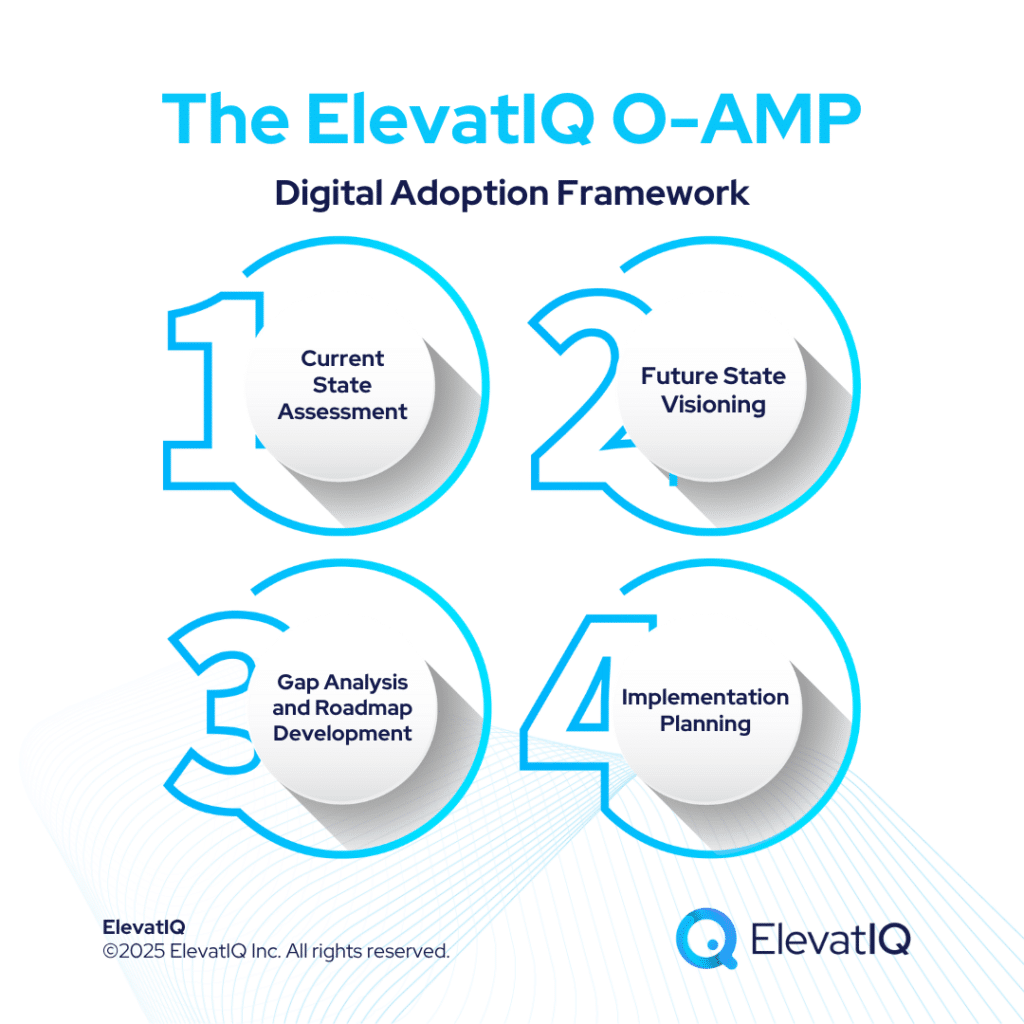Last Updated on December 28, 2024 by Sam Gupta
Years back, I had this big idea that I strongly believed in and felt could be a game-changer for my employer. I had everything down to be a digital transformation champion. The design. The prototype. The user experience. The hockey stick graph. The customer persona. The target market. The strategy. However, knowing my CFO from my experience, I felt nervous about pitching. I often heard “voices” in my head that CFOs don’t believe in big ideas. Their role is to shut them down.
Over the years, as I worked closely with financial executives, I’ve come to understand that pitching to them isn’t as challenging once you understand what they care for. Read on to learn how to tailor a pitch to your financial executives’ needs.

The Pitch
A good pitch consists of four essential components:
The purpose of the pitch.
This is perhaps the second most important component of the pitch. It must include the overarching benefit, which connects to either the bottom line or the top line. Let’s take an example of a hypothetical pitch.
“By replacing the legacy ERP, we would be able to ship your products within 24 hrs. I have analyzed competitive data. Through that, I learned that the competitors who can ship within 24 hrs have been growing their sales by 2x. Based on my market research, our customers prefer sooner delivery. Because they want the online experience to be closer to walking to a store, with near-real-time gratification of their spend, the ERP transformation project would help us increase our sales by 20%, boosting customer experience as well as employee satisfaction.”
As you can see, how this pitch tries to connect with the overarching benefits of increasing sales. As well as providing specific details on how that would be done. This is how a digital transformation champion needs to frame the pitch to get the attention of the CFOs.
What’s in it for them?
This is perhaps the most important component of any pitch. If a pitch is not aligned with the audience’s interest, it’s probably a non-starter. CFOs are responsible for managing the bottom line. That is, they are not only responsible for ensuring that the company can meet revenue objectives and collect cash but also responsible for containing costs. When sales teams fail to deliver on their commitments, they ensure that the bottom-line objectives are met. The best way to score with CFOs is to put yourself in their shoes. What would you like to hear in a pitch yourself if you were them?
What’s in it for you?
While you might feel that this part may not be as important, it is equally critical to show your commitment and credibility. If you have not outlined how this would personally impact a digital transformation champion, it’s hard to assess if you have analyzed it thoroughly, avoiding any biases with your proposal. This also helps in ascertaining the sustainability of the idea to ensure your commitment to it in the long term.

A good call to action.
Before attending the pitch meeting, take time to anticipate potential outcomes based on how the discussion might unfold and prepare a call to action for each scenario. For instance: 1) they might fully embrace the idea before you’ve even finished pitching, 2) they could dismiss it immediately, or 3) they might remain neutral and request additional information. Remember, a deal isn’t finalized until it’s truly sealed.
This is the mindset a digital transformation champion must adopt when navigating various scenarios. For instance, if the idea is completely rejected, you could ask probing questions to uncover whether there are any aspects of the idea that might simplify their work or address their needs.
In most cases, engaging them in conversation will provide valuable insights that can help you refine and align your pitch to their interests. However, the most critical part of the meeting is determining the next step. Once you’re out of their immediate focus, they may quickly forget what was discussed, potentially requiring you to start over. Having a clear call to action and a defined next step ensures you stay connected and remain on their radar.
When pitching, keep this in mind: the best pitches are the ones where you hardly have to pitch at all—your champions will advocate for you and handle the job.
The Champions
You might be wondering how, as a digital transformation champion, you can gather market data and field insights about what customers value and how competitors are performing in comparison to you.
To gain these insights, it’s essential to build strong relationships with the sales and marketing teams. While your expertise lies in technical skills, which they may lack, you can leverage these skills to analyze customer and market data through secondary research, such as reviewing internal data sources. In exchange for their field or market knowledge, this collaboration can be mutually beneficial. If you present this data effectively, it could prove valuable to them, creating a win-win situation. Additionally, if you gain the support of your sales team, they can become powerful advocates and pitch on your behalf.
Your champions can also offer valuable insights into what your CFO is likely to prioritize, as they may have more experience interacting with other executives. They can help you tailor your pitch to better align with the CFO’s interests. When selling to champions, your goal is to make the idea feel like it’s their own. If they’re not willing to take ownership of it, chances are you won’t be able to sell it to the CFO either. This can serve as a useful test to assess whether the idea is worthy of the CFO’s time. You may only get one opportunity, so when requesting a meeting, ensure that it’s truly worth their time.
The Financials
While ideas are important, CFOs are primarily driven by numbers. If you’re not experienced in calculating ROI or TCO, consider building relationships with interns in the finance department who have formal education in NPV and future cash flow analysis. They may be eager to showcase their analytical skills to the CFO. Bring them onto your pitch team and let them present the numbers. The more team members you have supporting your pitch, the better.
Your objective during the pitch meeting is not just to grab the CFO’s attention. If you’ve thoroughly analyzed how this idea benefits you in your role, their attention will naturally follow, assuming everything goes well. At this point, your main goal should be to gather as many people as possible in the room who are ready to pitch on your behalf. During the meeting, your role is to act as a moderator, guiding the flow of the discussion, determining who speaks when, and maintaining control of the situation.
The financials are only valuable if all assumptions are thoroughly vetted. Ensure you use reliable sources and have sufficient data to support your claims, as this is crucial for impressing a CFO. Evaluate all financial risks associated with the idea and prepare a backup plan for each one. If you overlook or ignore even a single financial risk, your entire plan could be questioned.
How do you excite CFOs?
Keep in mind that it is in a CFO’s best interest to consider projects that contribute to managing the company’s bottom line. If you’ve done a thorough job analyzing the numbers and gathered credible evidence to support your claims, CFOs will pursue your idea if there’s even the slightest chance it could provide financial benefit to the company.
CFOs have a deeper understanding of financials than anyone else in the company, so they focus on the financial feasibility of your next big idea, which is honed through experience. Just because one idea didn’t succeed doesn’t mean the next one won’t. The best advice we can offer is to never stop trying!









